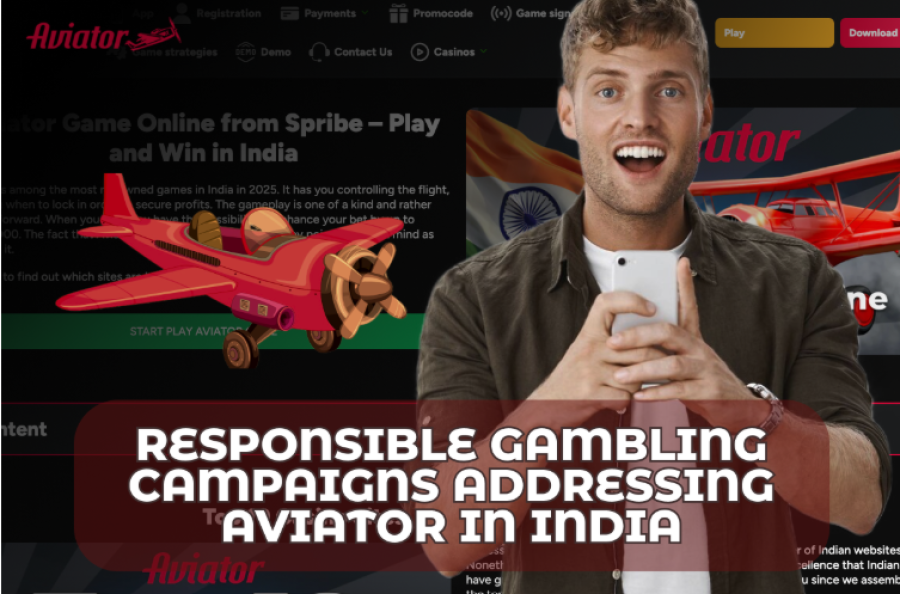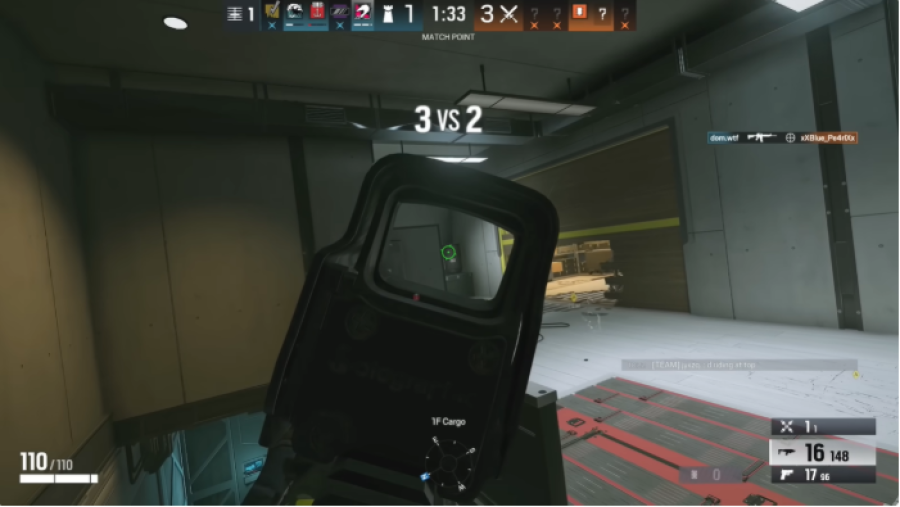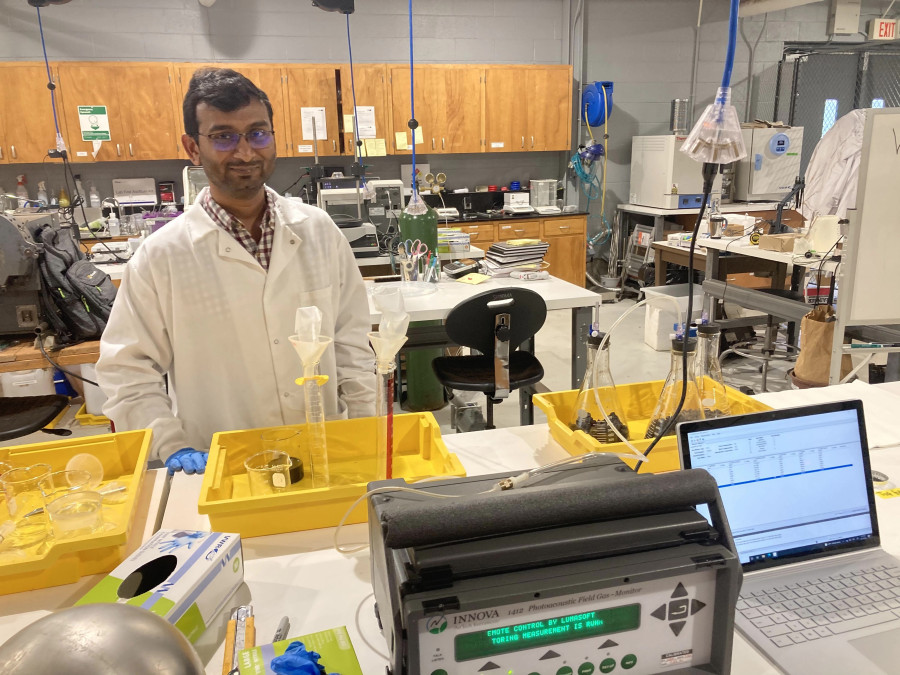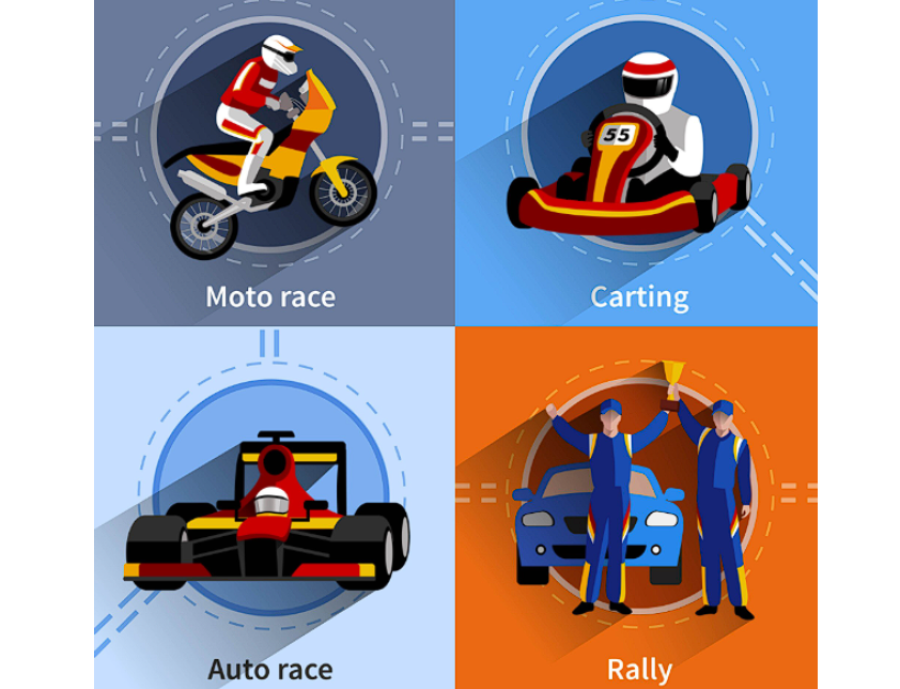The popularity of the Aviator crash game in India has led to growing concerns about gambling addiction among the population. Statistics show alarming trends: 45.4% of men in the state of Goa reported participating in gambling over the past year, and among college students, 19.5% admitted to gambling on online platforms such as https://aviator.com.in/. At the same time, a third of them show signs of problematic behaviour. In response to these challenges, various organisations and government agencies have launched initiatives to protect players.
The Scale of the Problem: Gambling Addiction Statistics
Research reveals a serious picture of the spread of gambling addiction in India. In 2016, a survey of 121 psychiatrists showed that 79% of specialists counsel people with gambling addiction in their clinical practice. Even more alarming is that 62% of doctors also work with people who have been affected by someone else's gambling behaviour.
However, the system was not prepared for such a growth in problems. 74% of the psychiatrists surveyed admitted that they had never received specialised training in the treatment of gambling addiction. This knowledge gap is particularly critical in the context of the growing popularity of crash games such as Aviator online.
The situation is no less serious among young people. A study of 5,580 students in South India found that 413 individuals showed signs of problematic gambling behaviour. In the western states of the country, problematic behaviour is associated with academic failure, substance use and psychological distress.
Tragic Consequences: Cases of Suicide
The most dramatic manifestation of the problem has been suicides linked to online gambling. In Chennai, a 36-year-old father of two killed his family and then took his own life after borrowing large sums of money to finance his addiction to online gambling.
Another tragic case involved Bhawani, a mother of two who lost around ₹19 lakhs in gambling, not counting her gold jewellery. In June 2022, Bhawani committed suicide. It was cases like these that catalysed stricter measures in the state of Tamil Nadu, where a law was passed in October 2022 banning online gambling, including Aviator India.
In Madhya Pradesh, an 11-year-old boy committed suicide after spending 6,000 rupees on online gaming apps without his parents' knowledge. This case led to an initiative by state authorities to introduce a new law regulating online gaming.
Federal and Regional Initiatives
The government's response to the problem varies from region to region. In 2020, the states of Andhra Pradesh and Tamil Nadu blocked 132 websites and apps that offered online gambling. Internet service providers were instructed to block access to these sites and Aviator online.
Madhya Pradesh has set up a task force to study the technical, legal and other aspects of banning online gambling. State Home Minister Narotham Mishra announced plans to introduce new legislation after a series of tragic incidents.
In July 2023, the central government introduced a 28% tax on online gaming, which analysts believe will pass on additional costs to players.
Institutional Basis for Treatment: NIMHANS and AIIMS
There are only two major institutions in India that specialise in the clinical treatment of gaming addiction: the National Institute of Mental Health and Neurosciences (NIMHANS) in Bangalore and the All India Institute of Medical Sciences (AIIMS) in Delhi.
In 2014, NIMHANS launched a specialised clinic called SHUT (Service for Healthy Use of Technology) to treat behavioural addictions, including gaming addiction. The centre offers:
Outpatient consultations: diagnosis and treatment planning for patients with gaming addiction to the Aviator game;
Inpatient treatment: comprehensive therapy for severe cases with round-the-clock monitoring;
Family counselling: working with relatives of patients affected by someone else's gaming addiction.
The Centre for Addiction Medicine at NIMHANS employs a multidisciplinary team of specialists. Treatment is based on the understanding that addictions are brain diseases that arise from long-term changes in the structure and function of the brain.
Non-Governmental Initiatives and NGOs
The NGO Responsible Netism specialises in educating the public about proper online behaviour. The organisation reports receiving hundreds of calls from concerned parents asking for help in counselling children addicted to online games such as Aviator India.
Private rehabilitation centres such as Alpha Healing Centre in Gujarat, Hope Trust and Hope Care India offer specialised treatment programmes for gaming addiction. The cost of treatment at such centres ranges from ₹110,000 to ₹600,000 per month.
A helpline set up by one NGO receives more calls about gaming debts than any other health issue, indicating the scale of the problem.
Technological Measures to Protect Players
Crash game operators are implementing various player protection tools under pressure from regulators and the public. Most sites offering Aviator now include deposit limits, time limits, and self-exclusion programmes.
The Provably Fair system used in Aviator guarantees the fairness of the game through cryptographic hashes, but does not protect against the development of addiction. Many sites have added sections dedicated to safe gaming, where questionnaires for self-assessment of gaming behaviour are posted.
Educational Campaigns and Awareness
Various organisations have launched educational campaigns aimed at raising awareness of the risks of gambling addiction. The main areas of information work include explaining the difference between entertainment and addiction, teaching how to recognise the early signs of problem behaviour, and providing information about available resources for help.
Colleges and universities are holding lectures on the risks of Aviator online and other online gambling, especially in the context of the popularity of crash games among young people.
Conclusion
Campaigns to protect players from addiction to Aviator India are in the early stages of development and face multiple challenges. Despite the availability of statistics on the scale of the problem and individual initiatives by governmental and non-governmental organisations, a systematic response to the threat of gambling addiction is still being developed.









